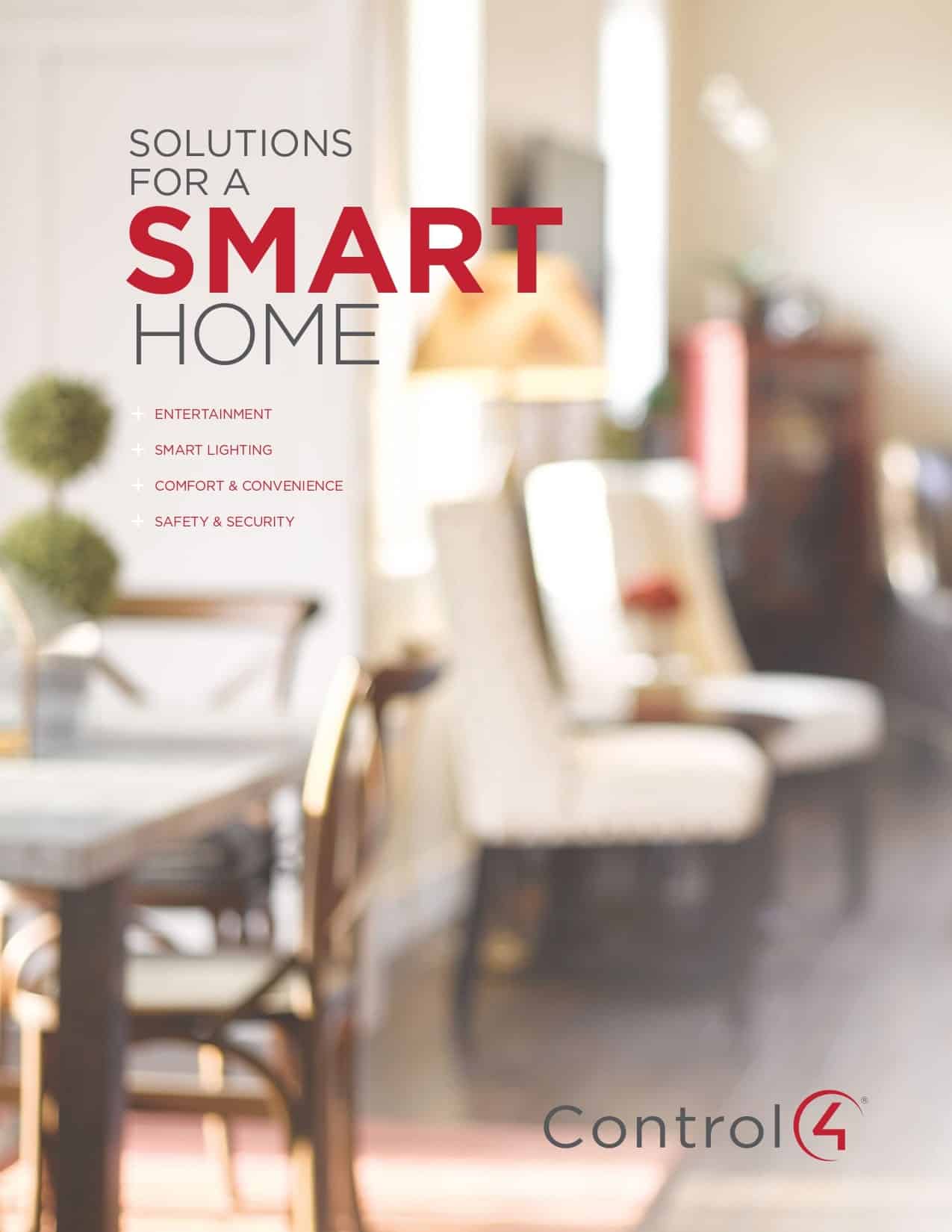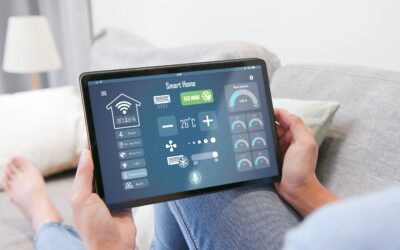Home audio systems have come a long way since the days of the stacked hifi or even five-disc CD changers. Today, home audio systems can be operated from mobile phones and tablets, speakers are tucked unobtrusively out of sight, and we can get sound quality we could only dream of a few short years ago.
However, while home audio systems technology has come a long way, there are still a few critical elements you need to ensure peak performance. Here’s what you should focus on.
#1: Reduce Interference
If you’ve ever heard someone talk about “noise” while on the phone, you’ve already encountered interference. What this means is that there is something – usually, something electrical or even magnetic – that is interfering with your radio signals. There are several ways to reduce interference, including selecting the cables that home audio systems use carefully and keeping equipment away from known sources of interference.
#2: Go Wired
Yes, everything these days is wireless, but when it comes to home audio systems, wired is still a better choice.
When you use wireless wifi-based technology, there’s always a chance that oblique angles, poor line of sight and all kinds of other factors could impede your signal. While you can still use Bluetooth technology with most home audio systems, you should always choose wired options for the main system components.
#3: Choose Technology Carefully
Often, when people are looking for home audio systems, they’re tempted by clearance sales and great deals. However, very often, those sales are a means of clearing old stock off the shelves to make way for new technology.
The quality of your sound equipment will always affect the performance of home audio systems, so you should always buy the best, newest technology that stays within budget. That way, your home sound system will stand the test of time.
Learn to interpret home audio systems specifications, too. This will help you to compare different products and to choose components that have the features and functions you need for your sound system.
#4: WiFi Signal
If you do consider a WiFi home audio system, the first thing you need to establish is the quality of your WiFi signal.
If you constantly have trouble connecting to the internet on your computers or devices, it’s unlikely you will have enough signal strength to provide quality connectivity and sound from your sound system.
Sometimes, it’s possible to upgrade your home network so that you can get the connectivity you need, but that’s not always an option, particularly outside of larger cities and towns. If that is your situation, you should definitely stick to a wired system.
#5: Don’t Forget the Speakers!
When we’re shopping for home audio systems, sometimes we focus on the larger, more complex components, but we don’t pay much attention to our speakers.
If you want to get quality sound from your system, you need to choose high-quality speakers, get the right size, type and number of speakers, and ensure that they are positioned correctly. Incorrect speaker placement can make even a fantastic sound system less than perfect.
#6: Equalization and Amplification Settings
Just like older sound systems, today’s home audio systems have equalization and amplification settings that are designed to ensure that the sound comes out of the correct speaker and that it’s neither too loud nor too soft.
Getting these settings exactly right can be a matter of trial and error. If you are having your home audio system installed by a professional, it’s a good idea to ask them to do the initial setup for you. Many modern systems also allow you to save these kinds of profiles, so if you do change something by accident, you can go back to the default without too much trouble.
#7: Make Sure It’s Grounded
Just like the noise and interference we talked about above – caused by other appliances and wiring – your own system can create interference if it’s not properly grounded. Make sure that whoever installs your sound system knows how to wire it properly and that all the outlets you use for the system are grounded too.
#8: Upgrade Equipment When Necessary
Home audio systems, like all other kinds of technology, have a shelf life. Over time, they will start to wear out, stop working the way they used to, or produce poor sound. If you already have a sound system and it’s not delivering the results you want, you might want to evaluate individual components. Sometimes, you only need to replace one or two elements to get a big sound improvement.
#9: When In Doubt, Go Pro
Home audio systems have come a long way. They sound better, they can do more, and they don’t take up a huge amount of floor space!
However, as the technology behind home audio systems has become more complex, so has installing them. This is especially true when you want hidden speakers in ceilings and walls or if you want a system that works inside and outside your home.
Unless you have a very simple sound system that is “plug and play,” it’s usually a good idea to hire a professional to do the installation for you. Not only will they know how and where to place components for optimum performance, but they will also have all the tools, equipment and knowledge to get the job done fast and correctly.
If you’re ready to learn more about installing a home audio system in your home, contact us here.





